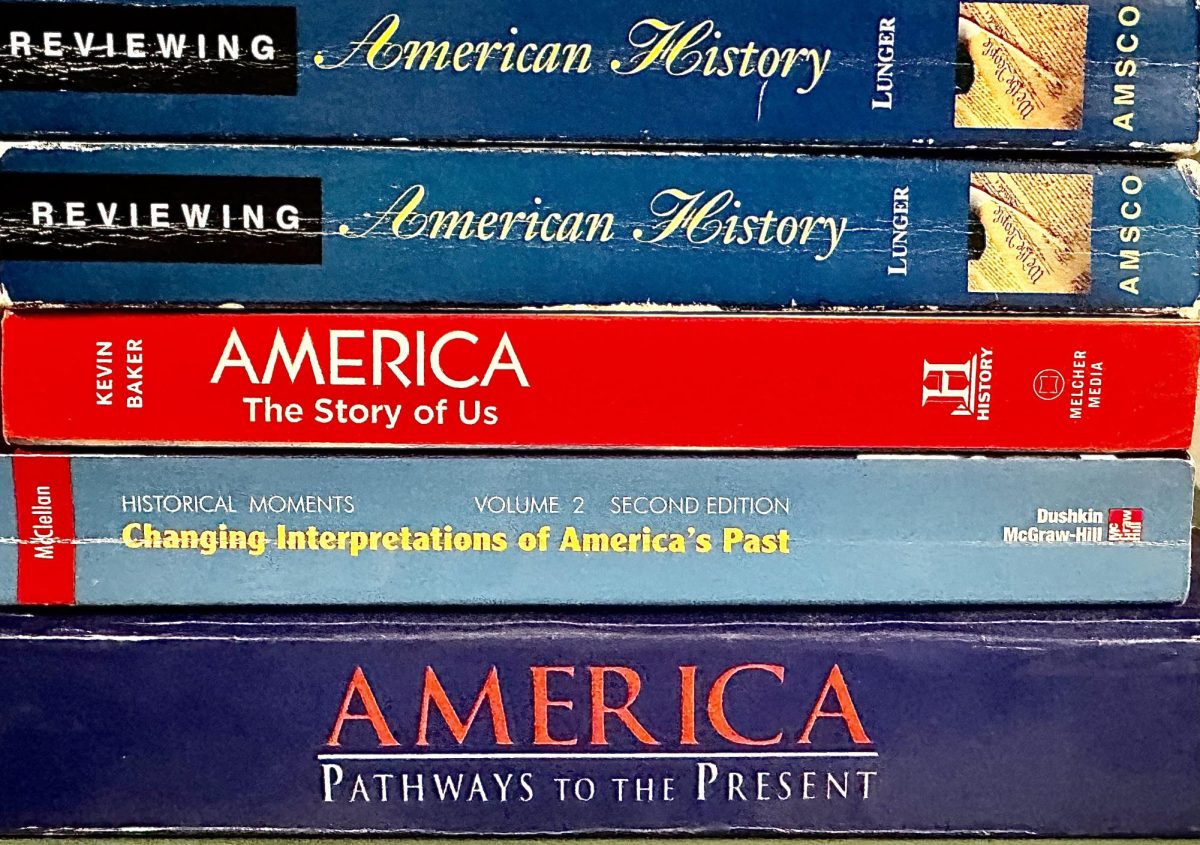As this presidential election is inching closer and closer, the outcome is hanging on our minds. Before long, Election Day will arrive, and the Electoral College will be in full swing. Based on population and proportional representation, each state’s electoral votes equal its number of senators and representatives, with large states like California (54) and Florida (30) having lots and smaller states like Vermont and Wyoming having only three electoral votes.
In the Electoral College, electors from each state vote for their candidate, which is supposed to be based on the state’s popular voting results. For most states, the electoral votes are set in a winner-take-all system, with the winning candidate taking all of the electoral votes, except for the states of Maine and Nebraska, where electoral votes are proportional to popular voting results. Despite all these constitutional procedures, the Electoral College system has been criticized by Democrats and Republicans for being undemocratic and unconstitutional.
So, is the Electoral College hindering the American voting experience, or is it helping safeguard democracy? In my personal opinion, it is doing more harm than good.
The Electoral College does not help American democracy. Let’s use the 2016 presidential election, for example, when Hillary Clinton won the popular vote against Donald Trump but lost the Electoral College. According to CNN, Hillary Clinton had the most popular votes out of any losing presidential candidate in history. This also happened in the 1876, 1888, and 2000 elections. One of the main reasons this democracy-contradicting result happened is the Electoral College treated votes unequally, giving bigger states with more power a larger say.
In addition, the Electoral College has almost complete say over “purple” or “swing” state voting. These states are considered deal breakers and decide who wins the election. Gerrymandering, or district and area border setting, has also greatly altered proportional representation, meaning the Electoral College doesn’t even take the corruption of Gerrymandering into account.
Even vice presidential candidate Tim Walz expressed frustration, stating, “I think all of us know, the Electoral College needs to go…We need a national popular vote.” Though the Democratic Party recently tried to change his claims, even Tim Walz knows America is “by the people, for the people,” and that should mean presidential voting as well.
However, there are many Americans and politicians who think the Electoral College should stay in place. One of their only reasons for this logic is fear of the appearance of “tyranny of the majority” in our politics, which would cause majorities of people to have all the say while minority groups are left stranded. These aligned thinkers believe there would be large populations of people being coerced to vote for a certain candidate through threats or patron-clientelism, and smaller states would become marginalized. While this cause and effect are completely reasonable to worry about, this would not be the case, as the American people would just be getting who they want and who they believe is best for this country. If many people vote for a presidential candidate in a democratic institution like the United States, it is completely fair to understand why they believe in that candidate, shown through a winning plurality or majority.
I know eliminating the Electoral College has to be done through amending the Constitution. This process requires the approval of two-thirds of Congress and three-fourths of the states. Though this would be a tumultuous process, in a democracy, people can be blind to how certain policies can limit certain freedoms because they have too much blind trust in their large federal government.
I ask all eligible American voters and politicians who oppose the Electoral College to advocate for a change that allows Americans to elect the president based on the popular vote. This is the only way we can make America a true democracy.
